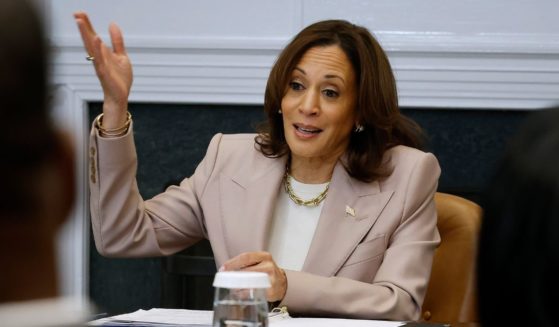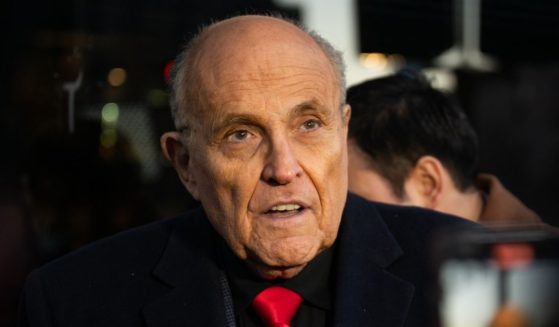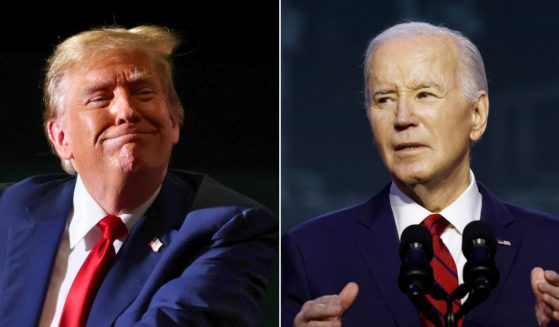With four weeks to go, there's calm within the Brexit storm
BRUSSELS (AP) — Britain and the European Union are set to formally divorce before the month is out — but the mood in London and Brussels in Friday was less frenzied than it has been at times of late.
Though the divorce proceedings, started by Britain’s 2016 vote to leave the EU, remain fraught with difficulties, there’s an element of relief that a so-called “no-deal” disaster is lower down the agenda — for now.
Earlier this week, British Prime Minister Theresa said she would be putting the option of an extension to Brexit from the scheduled March 29 date to lawmakers — if they fail to back any revised withdrawal agreement in a vote by March 12.
There’s also been talk that Brexit may not actually happen at all if lawmakers support another referendum after the main opposition Labour Party said it would back a second vote on Britain’s decision to leave the EU.
Until May conceded the possibility of an extension — the EU Council President Donald Tusk said it would be a “rational solution” — there were growing fears about a “no-deal” Brexit and what its impact would be on both sides of the English Channel.
The warnings were stark.
New tariffs and other restrictions to trade were set to hobble trucks in Channel ports. Holidaymakers faced delays while farmers would struggle to get rid of their products as they wilt in warehouses.
All-in-all the fate of countless companies and whole economies hung in the balance.
It’s fair to say that the prospect of a “no-deal” Brexit did not look appetizing though some of the keenest Brexit supporters in the U.K. Parliament insist that the warnings are just another element of “Project Fear” to dissuade Britain from leaving the EU.
For now, everyone is waiting to see what May — and her attorney general, Geoffrey Cox — comes back with from her discussions with the EU. Until that becomes clear, Brexit appears to be in some sort of holding pattern.
Negotiations are supposed to resume in Brussels next week, between EU negotiator Michel Barnier and the latest set of U.K. negotiators.
May’s original deal was overwhelmingly defeated in a vote in January with many lawmakers in her own party opposed to a provision to guarantee there are no customs posts or other barriers along the Irish border. The mechanism, known as the backstop, is a safeguard that would keep the U.K. in a customs union with the EU to remove the need for checks until a permanent new trading relationship is in place.
It’s not going to be easy for May.
Emotions remain raw. That was evident Friday when Britain’s former Brexit Secretary Dominic Raab told the BBC about “the dishonorable way that (the EU) tried to bully us and shove us around.”
If a deal is agreed, the two sides will have to live and work together side-by-side. Discussions won’t just end because a withdrawal agreement is finally secured. Discussions about how the two sides will trade with each other in the future can only start after Britain formally has left the EU.
If May prevails and Britain leaves, some in Europe will be haunted by the failure to keep one of its most important members on board.
“Brexit is and remains a historic error,” said German MEP David McAllister Friday.
___
Follow AP’s full coverage of Brexit at https://www.apnews.com/Brexit
The Western Journal has not reviewed this Associated Press story prior to publication. Therefore, it may contain editorial bias or may in some other way not meet our normal editorial standards. It is provided to our readers as a service from The Western Journal.
Truth and Accuracy
We are committed to truth and accuracy in all of our journalism. Read our editorial standards.












